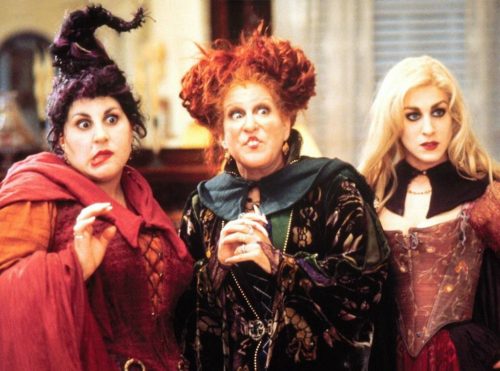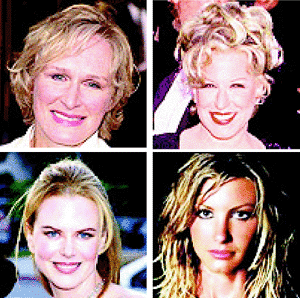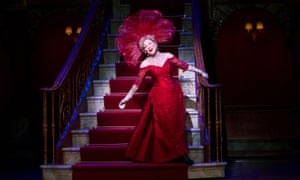Source: TV Tropes
A trope is a storytelling device or convention, a shortcut for describing situations the storyteller can reasonably assume the audience will recognize. Metaphors are the means by which a story is told by anyone who has a story to tell. We collect them, for fun involved.
Tropes are not the same thing as cliches. They may be brand new but seem trite and hackneyed; they may be thousands of years old but seem fresh and new. They are not bad; they are not good; tropes are tools that the creator of a work of art uses to express their ideas to the audience. It’s pretty much impossible to create a story without tropes.
Tropes And Trivia From Bette Midler’s Film “The Rose”
Film Trivia
- The Cameo: Pioneering openly-gay musician Sylvester (“You Make Me Feel Mighty Real”) as the African-American female impersonator in the gay bar.
- Star-Making Role: Gave Bette Midler her first taste at movie stardom.
- What Could Have Been: Ken Russell was offered to direct this film, but chose to direct a biopic about Rudolph Valentino, which tanked at the box office. Russell stated that it was the biggest mistake of his career. The film was picked up by Mark Rydell.
Film Tropes
- Abusive Parents: One of whom is played by Doris Roberts (Mrs. Foster/Rose’s mother).
- Award-Bait Song: The title tune, sung by Midler, is an aversion; because composer Amanda McBroom hadn’t written the song specifically for the movie, it was ineligible for Academy Award consideration. (It did win Midler a Grammy Award, however, and became a massive hit.)
- Bi the Way: Rose is caught making out with a woman named Sarah, which sends Houston into a fit of rage.
- Broken Bird: Rose
- Broken Tears: Rose’s character frequently has these, whether she’s performing on stage, arguing with her manager or her boyfriend and through other personal struggles.
- Downer Ending
- Driven to Suicide: Rose, heartbroken after her breakup with Houston, decides to indulge in a fatal combination of heroin, alcohol, and barbiturates before her concert.
- Foreshadowing: Remember the tear-stricken out-of-breath sounding opening monologue by Rose in the beginning? Oh God. Once you saw the whole movie (up to the tragic ending), the film’s opening will make a lot of sense and a lot of tears.
- Love Triangle: Several examples, but the main one is Rose’s choice between Houston and her desire for fame.
- Never Accepted in His Hometown: Rose wants desperately to return to her hometown a success. It doesn’t go well for her.
- No Celebrities Were Harmed: Rose is a thinly-veiled version of Janis Joplin.
- Oscar Bait: Like Rose, Bette Midler sings, she gets strung out, and she dies. Midler was nominated for Best Actress but lost to Sally Field (Norma Rae).
- Sex, Drugs and Rock & Roll: Lots of all three. During the first on-screen concert, it’s even a “crowd chant.”
- The ’60s: The film was set in 1969…
Present-Day Past: …although it looks more like The ’70s, considering the year the film was released (1979).
- Slut-Shaming: Inverted when Rose tells Houston the football story, then played straight in the western bar.
- Tagline: She gave… And gave… And gave. Until she had nothing left to give.
- The “The” Title
- The Tragic Rose: Rose herself, of course, to the fullest use of the trope.
- Your Makeup Is Running: Rose, whose face and eyes are so stained with her tears running her mascara.







